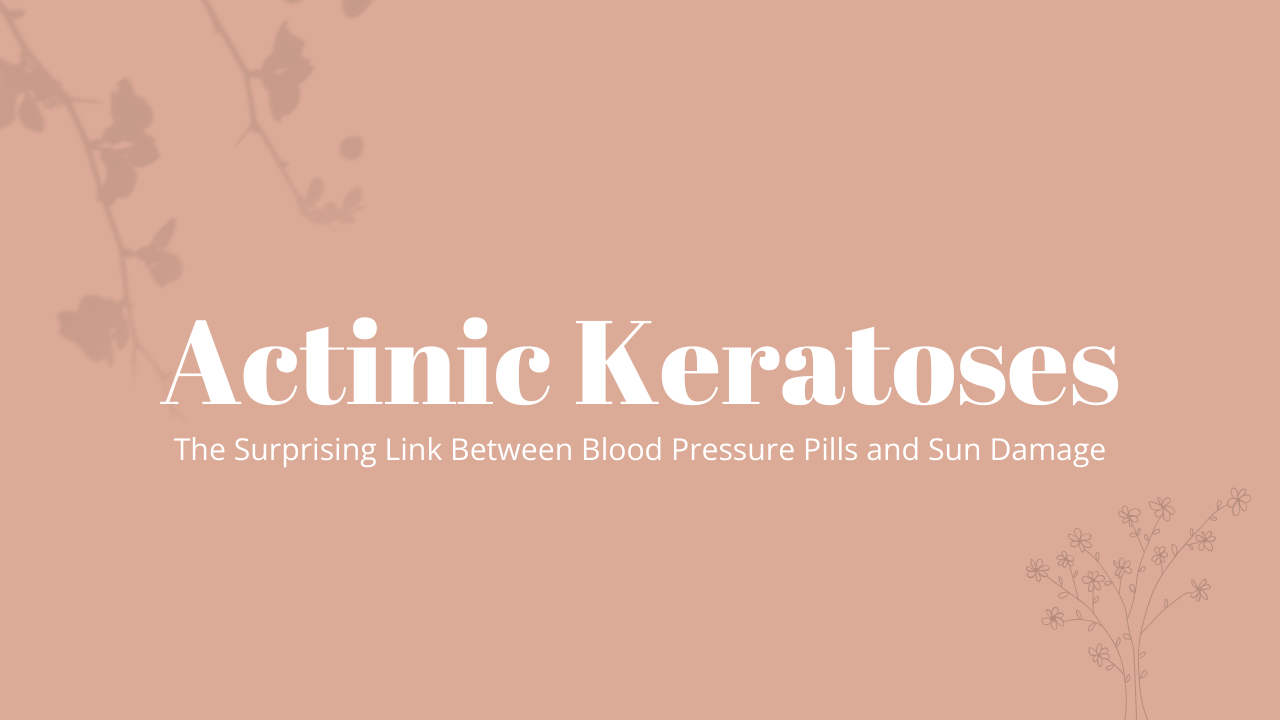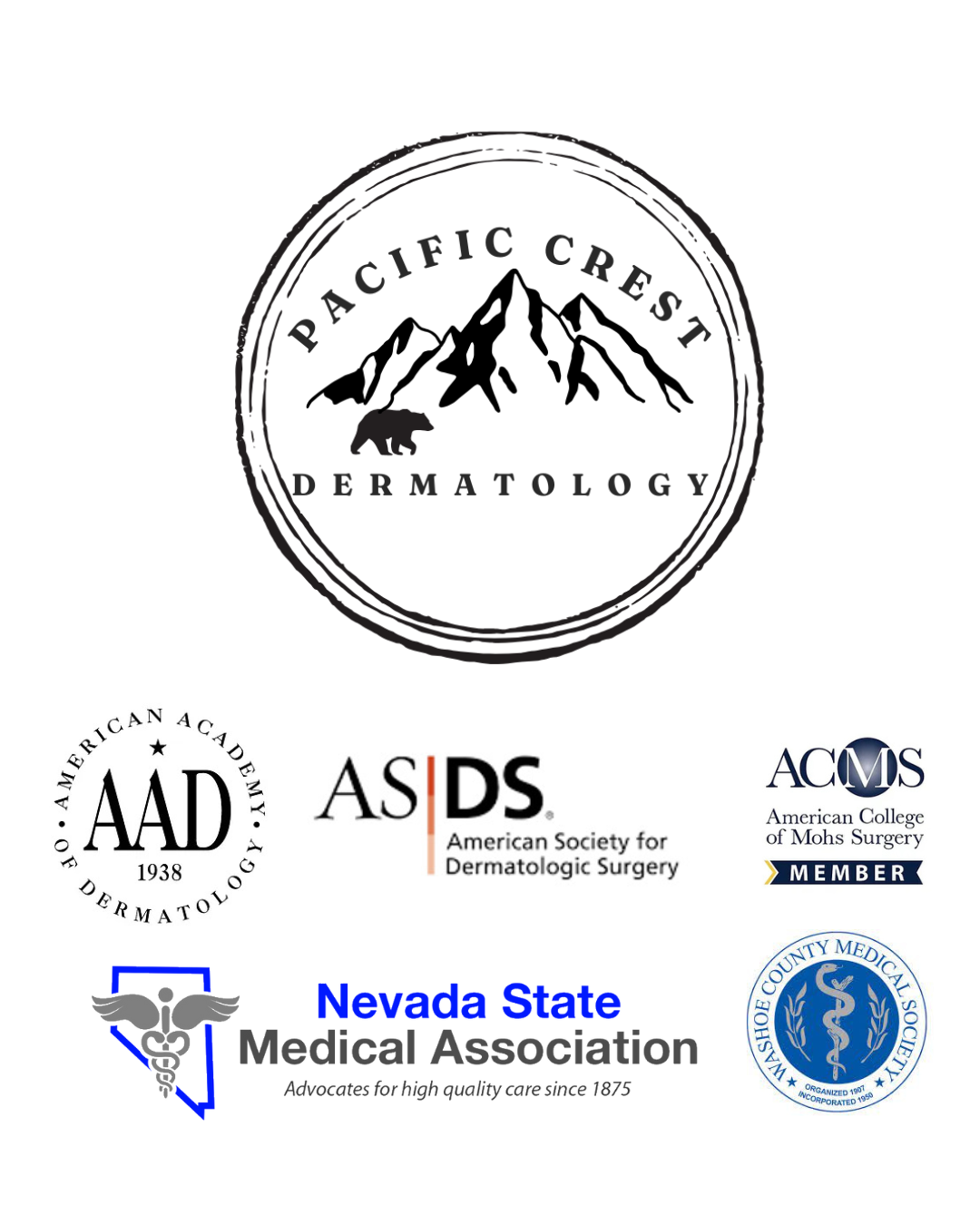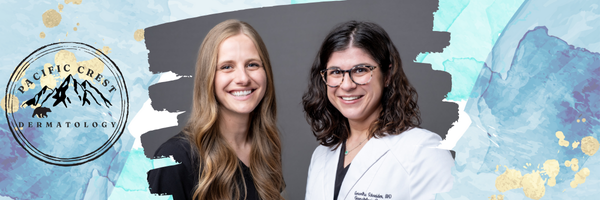
The Surprising Link Between Blood Pressure Pills and Sun Damage
Sep 10, 2025@samanthaschneidermd Taking hydrochlorothiazide? ⚠️ This common anti-hypertensive medication (for blood pressure) can increase your risk of actinic keratoses (pre-cancers) by making your skin more sensitive to the sun. 🌞 If you're on this medication, it’s crucial to stay on top of your sun protection and schedule regular skin checks with your derm. 🧴👩⚕️ Your skin’s health matters! If this video was helpful, drop a heart in the comments! 💖 #Hydrochlorothiazide #SkinCancerPrevention #SPFEveryday #DermTips ♬ original sound - Samantha Schneider, MD
Antihypertensive Medications and Your Skin: What You Should Know
If you’ve ever gone to the dermatologist and felt like you were getting “attacked with a spray can,” you’re not alone. Those quick sprays often treat precancerous spots caused by sun damage. But did you know that some blood pressure medications may increase your risk of developing those spots in the first place?
As a board-certified dermatologist, I’d like to share an important study recently published in JAMA Dermatology. Researchers looked at patients on antihypertensive medications and found that one in particular—hydrochlorothiazide—was linked with a higher rate of photosensitivity and precancerous skin lesions compared to other blood pressure drugs.
Why does this matter?
If you’re taking hydrochlorothiazide, it doesn’t mean you need to panic or stop your medication. Blood pressure control is vital, and you should always discuss any medication changes with your primary care provider. What this study does mean is that you should be aware of the possible increased risk to your skin.
If you notice rough, red, or scaly patches—especially on sun-exposed areas like your face, scalp, or arms—it may be time to schedule a dermatology visit. These spots could be precancerous lesions (actinic keratoses), which are important to treat early so they don’t progress into skin cancer.
How can you lower your risk?
If you’re on hydrochlorothiazide, this is your sign to step up your sun protection routine:
- Apply a broad-spectrum sunscreen every morning (yes, even on cloudy days).
- Wear sun-protective clothing, wide-brimmed hats, and sunglasses.
- Try to limit direct sun exposure during peak hours (10 a.m.–4 p.m.).
- Keep up with regular skin checks with your dermatologist.
The bottom line
Hydrochlorothiazide is an effective medication for controlling blood pressure, but it may come with an added skin risk. Knowing this allows you to be proactive: protect your skin, watch for early warning signs, and keep up with regular dermatology visits.
Your skin—and your health—are worth it.
Follow Dr. Schneider on TikTok Instagram Facebook
Want the transcript for this video instead?
Are you on antihypertensive medications and you going to the dermatologist and getting attacked with a spray can? There may be a correlation. I'm Dr. Schneider. I'm a board certified dermatologist. Let's talk about a study that came out in the Jad. In this study, they looked at patients that were on antihypertensive medications and what they found is that hydrochlorothiazide.
May more photos sensitizing and may lead to more precancerous compared to other anti-hypertensive medications. Now, why is this important? If you're on this medicine and you're not already seeing a dermatologist, it's good to know that this association exists. If you're feeling your face and you've got like red kind of scaly, um, spots that you can feel like maybe you do need to make an appointment with a dermatologist and have an exam and have that conversation, I am not suggesting that you need to stop your medication or even that you need to go to your primary care and get your medications adjusted.
I think it's just helpful to know. That you might be at a little bit higher risk, so you may need to up your sun protection game, right? You may need to do things like wearing sunscreen every day, which, gosh, I hope you're doing already. Wearing some protective clothing, wearing hats, wearing sunglasses, and then of course, having regular visits with your dermatologist to monitor.
Make sure that you're treating your precancerous that they aren't developing into skin cancers. If this video was helpful, give me a heart in the comments.






